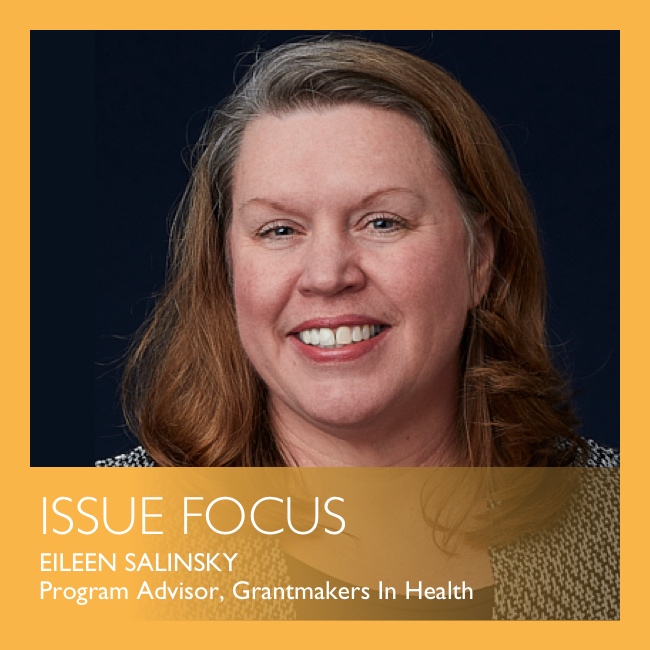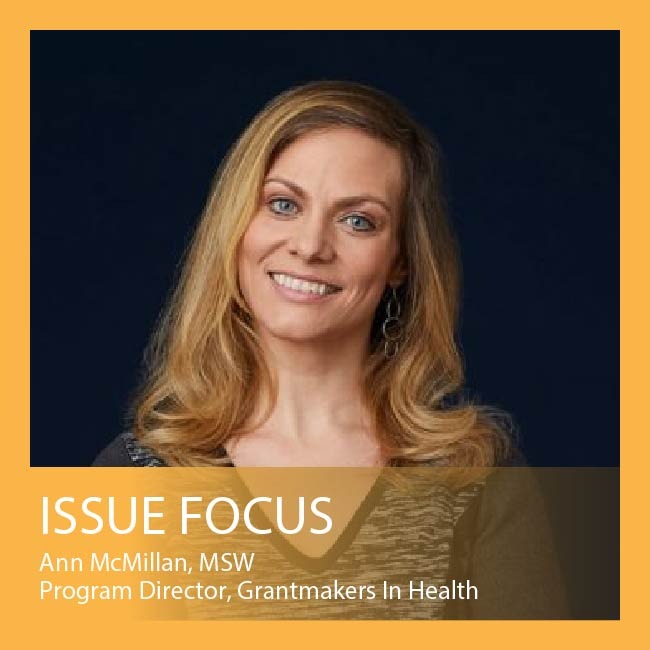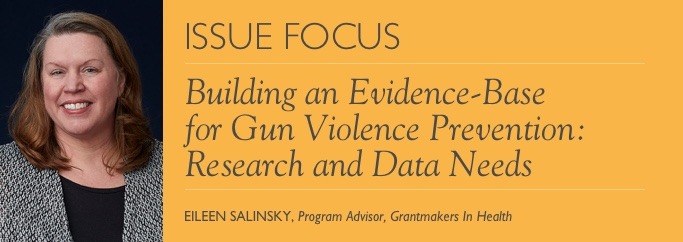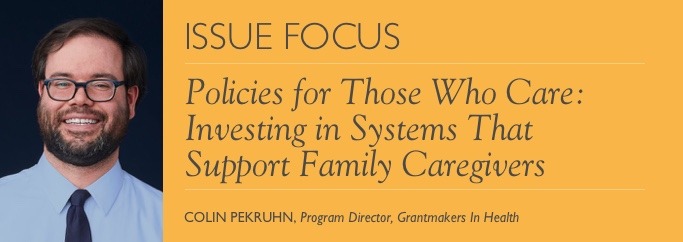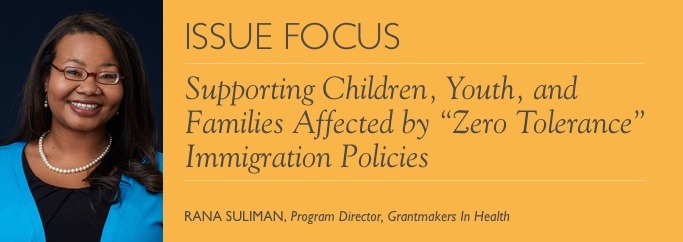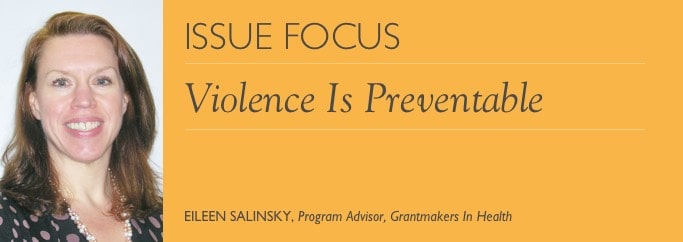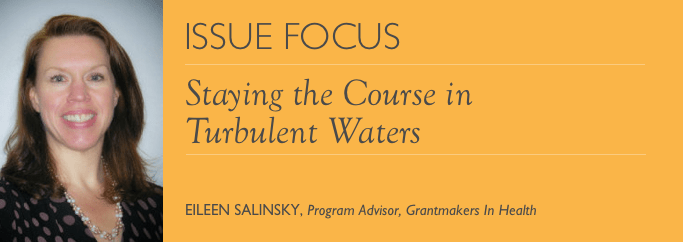Telehealth: Connecting People to Care
Whether because of geographic distance in rural areas, being homebound at a residence, a shortage of health care professionals, or lack of transportation, there are a variety of reasons why a consumer might not be able to connect to their health care. Much work has been done to develop solutions to those problems, particularly using approaches that transcend traditional clinical models. Telehealth is one such solution that is gaining traction at an ever-increasing rate.
Building an Evidence-Base for Gun Violence Prevention: Research and Data Needs
Gun violence prevention research is woefully underfunded, receiving significantly less research funding and scientific attention compared with other leading causes of death. Using a methodology that calculated expected levels of research investment based on mortality rates, one study estimated that between 2004 and 2015 gun violence received just 1.6 percent of the federal research support projected and had 4.5 percent of the volume of publications anticipated.
Policies for Those Who Care: Investing in Systems That Support Family Caregivers
Across the country, more than 45 million family members are providing care for older adults with chronic, disabling health conditions. There are a multitude of reasons why health grantmakers should be concerned about this, ranging from caregivers’ critical role in managing the needs of complex care patient populations to the manifold short- and long-term impacts caregiving has on the health and wellness of caregivers themselves.
Public-Private Collaboration to Catalyze Adoption of Evidence-Based Practices
Working together, public and private funders can create lasting health improvements in the communities they serve. Foundations and state health agencies often have the same goals; they may even fund the same organizations, programs, and individuals.
Violence Is Preventable
Mass shootings command public attention, but for too many Americans violence is a threat that must be confronted every day. Violent crime, although low relative to historical rates, has risen in recent years and disproportionally affects poor, racially segregated, urban neighborhoods (U.S. Department of Justice 2017; U.S. Department of Housing and Urban Development 2016).
Staying the Course in Turbulent Waters
Managing change is hard, but managing uncertainty can be even harder. This sentiment captures the challenges health funders have faced while navigating the roiling health policy debates of the 115th Congress.
What Does “Population Health” Mean to You?
Population health is commonly defined as “the health outcomes of a group of individuals, including the distribution of such outcomes within the group” (Kindig and Stoddart 2003). This general definition is widely accepted and has been formally adopted by the National Academies’ Roundtable on Population Health Improvement.

